
Once you’ve decided to home school, your first official task will be notifying your local school board of your intent to homeschool.
State and local regulations differ (see Home School Regulations Map), but in almost all localities, notification has two parts:
- File a notice of intent to home school before the beginning of the school year–preferably before August 1, although if you make a later decision, you should just file the intent as soon as you’ve determined that home education is the way to go. It’s also perfectly acceptable to pull a student out mid-semester if a classroom situation is not working out; you’ll just file the notice of intent at that point. A notice of intent is simply a form, usually provided by the local school board, that records your decision to home educate. In some areas, you may also need to provide a copy of your own high school or college diploma, or file a “plan of study” with the school board. This plan of study could simply be the photocopied pages from The Well-Trained Mind (or another home schooling guidebook) outlining the subjects you intend to teach over the course of the year.
- Follow up at the end of the year by providing the school board with proof of the student’s progress–usually standardized test results (see “Yearly Testing: How to Do It”) or a portfolio of representative work (see “Assembling a Portfolio”).
- Remember that state homeschool laws do change, so always check with your state’s department of education for the most up-to-date and official information.
As you deal with your local school board, keep the following in mind.
Your interactions will go more smoothly if you start with the assumption that the school board has good intentions. Home school books and websites often contain inflammatory rhetoric about the dangers of your local school board, but local schools have the responsibility of making sure that all children are offered the opportunity of education, and (at least in the U.S.), school superintendents are elected officials who answer to the public. When you file the notification, you may be asked additional questions, particularly if home education is uncommon in your area. Don’t get defensive or hostile. You have the legal right to home school your children, and as long as you meet state guidelines for notifying the correct authorities, the school board can’t prevent you from doing so. Answer questions politely and truthfully, as long as they don’t seem unnecessarily invasive, and attempt to keep the relationship open and friendly, rather than oppositional.
You do not need to join a legal “defense organization” of any kind, no matter what you’ve read online or heard from your local support group. Defense organizations tend to date from the early days of home education, when state regulations were nonexistent and local schools had the power to treat home schoolers as truants. That’s no longer the case. Ignore the scare language and save your money. Or, if you do run into (highly unlikely) opposition, use that cash to hire a local family lawyer who’s familiar with your area and your situation.
Comply with your local regulations if at all possible. Flying “under the radar” might seem simple, but notification requirements are in place for the protection of children, and failing to register can land you in legal trouble later on. And although some states do offer a “religious exemption” clause, these are intended for families that have a genuine religious objection to any involvement with the state (including holding social security numbers) or any higher education goals. The exemptions aren’t intended to be a shortcut to save you the trouble of registering.
Don’t over-explain. You don’t have to defend your decision, and you’re not required to give a point-by-point rebuttal to helpful neighbors who want to tell you why home schooling is a bad idea. “Home education seems like the best option for us right now” is the only explanation you need to offer school officials, teachers, relations, and friends.
Recommended Products
-
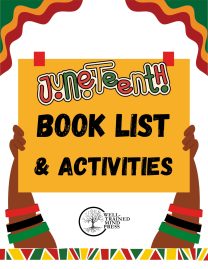
Juneteenth Booklist & Activities
0 out of 5$0.00 Add to cart -
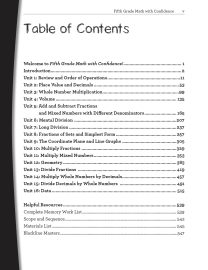
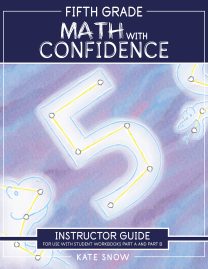
Fifth Grade Math with Confidence Instructor Guide
0 out of 5Starting at:$36.95Original price was: $36.95.$27.71Current price is: $27.71. Select options -
Sale!

Hansel & Gretel and Other Stories: Downloadable MP3
0 out of 5$12.95Original price was: $12.95.$8.42Current price is: $8.42. Add to cart -
Sale!

Dorothy and the Wizard in Oz: Downloadable MP3
0 out of 5$25.95Original price was: $25.95.$16.87Current price is: $16.87. Add to cart -
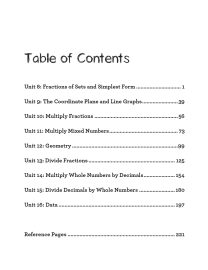 Sale!
Sale!
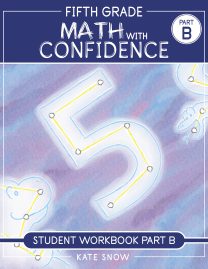
Fifth Grade Math with Confidence Student Workbook B
0 out of 5$16.46 – $21.56 Select options This product has multiple variants. The options may be chosen on the product page -
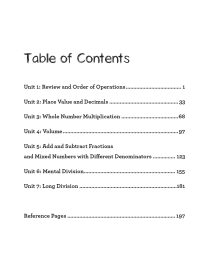 Sale!
Sale!
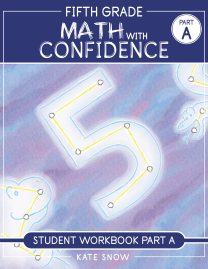
Fifth Grade Math with Confidence Student Workbook A
0 out of 5$16.46 – $21.56 Select options This product has multiple variants. The options may be chosen on the product page
ABOUT THE AUTHOR
Susan Wise Bauer
Join over 100,000 homeschooling families
For the latest offers, educational insights, products and more.
By joining you agree to our privacy policy.















